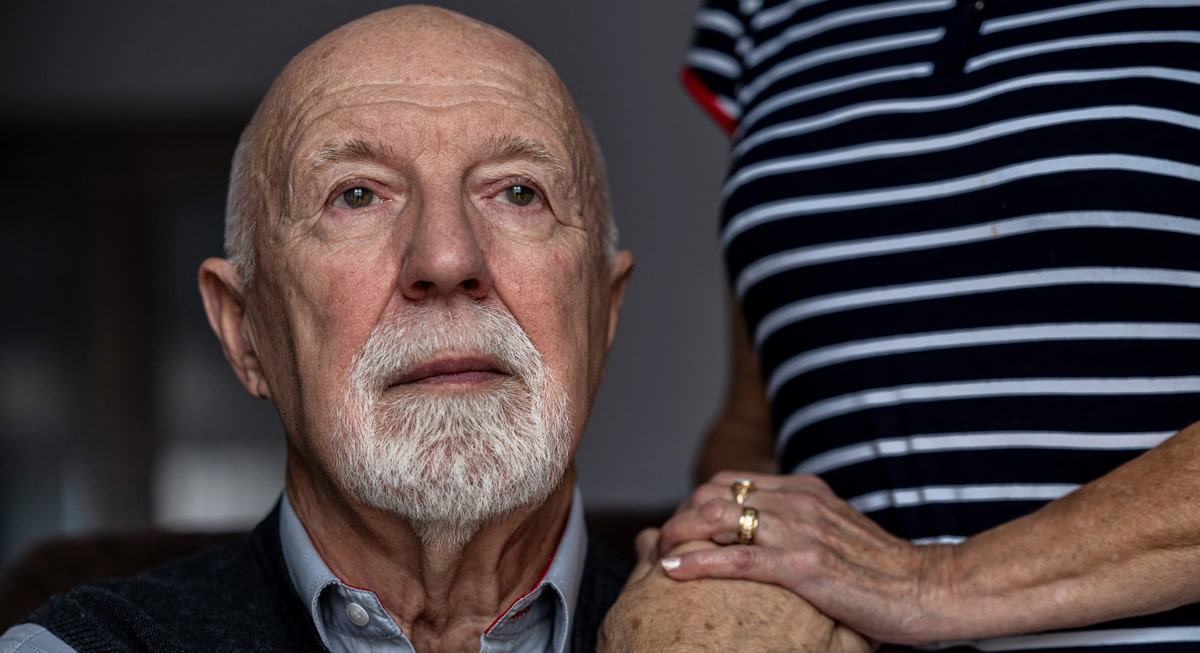 Peer pressure. We think it goes away after high school, but it never really seems to disappear - it just changes. Lately, I've been noticing a lot of financial peer pressure among my friends and colleagues.
Peer pressure. We think it goes away after high school, but it never really seems to disappear - it just changes. Lately, I've been noticing a lot of financial peer pressure among my friends and colleagues.
What is financial peer pressure? It's someone trying to convince you to spend money that you would prefer not to spend. "Hey, come out to lunch with us!" "You should totally go on this trip!" "Oh my gosh, you must buy that dress in the window. It will look perfect on you."
Now, none of the people saying these things are doing it to be cruel. In fact, most times, they think they have your best interests at heart. Or maybe they just want to spend time with you. Let's look deeper into one of these situations.
Joe brings his lunch to work everyday. He makes a decent salary, but he and his wife are trying to pay off their car loan, and part of their saving plan includes only eating out twice a month for date night. They both bring their lunch to work everyday. Today, Joe's coworkers have decided they want to go out for a group lunch. "Come on, Joe, join us! Lunch will be under $20! It's not that expensive." Joe's coworkers know that he prefers not to eat out. He has even told them that he and his wife are trying to save money. But Joe's coworkers think they're being friendly by inviting him. They like Joe and they want to have lunch with him. To them, $20 isn't that much money. Joe knows that $20 won't change that much in his plan, but he doesn't want to go back on his commitment.
Joe is facing financial peer pressure. I've seen this example happen a lot. Joe's coworkers should be more reasonable about his wishes. Of course, they shouldn't just leave Joe out. I have a coworker who never wants to eat out, but when we are going in a group, I'm always sure to say something like "Hey, you probably brought your lunch, but we're going to X for lunch. You're always welcome." She may never choose to join us, but I always want her to know she's welcome. It's probably still financial peer pressure, if I think about it, but I'm trying.
This is especially hard when you have friends or family who are in different financial situations than you are. I have had to tell friends that I can't go on trips because I just can't swing the plane tickets right now. It's hard, and there's always the feeling that I've missed out on something. But I can't let the financial peer pressure put me into debt.
Financial peer pressure can get especially annoying when someone thinks they know your financial situation. Even when they're right, they might not know your priorities. From the example above, yes, Joe could afford to go out to lunch. But Joe's priorities mean that he needs to save that money for something else.
Does this mean that sometimes, your priorities may shift? Sure. Maybe all of your friends from college are getting together next summer and you really want to go. You will have to shift around some of your money, and maybe scrimp more in one area so you can afford the trip, but you have decided that it's worth it. The key is to make sure that you are making the decision and not bending to the peer pressure around you.
Financial peer pressure can be hard to face. But if you remind yourself of your priorities and what your goals are, you can remain strong and be able to say no.









